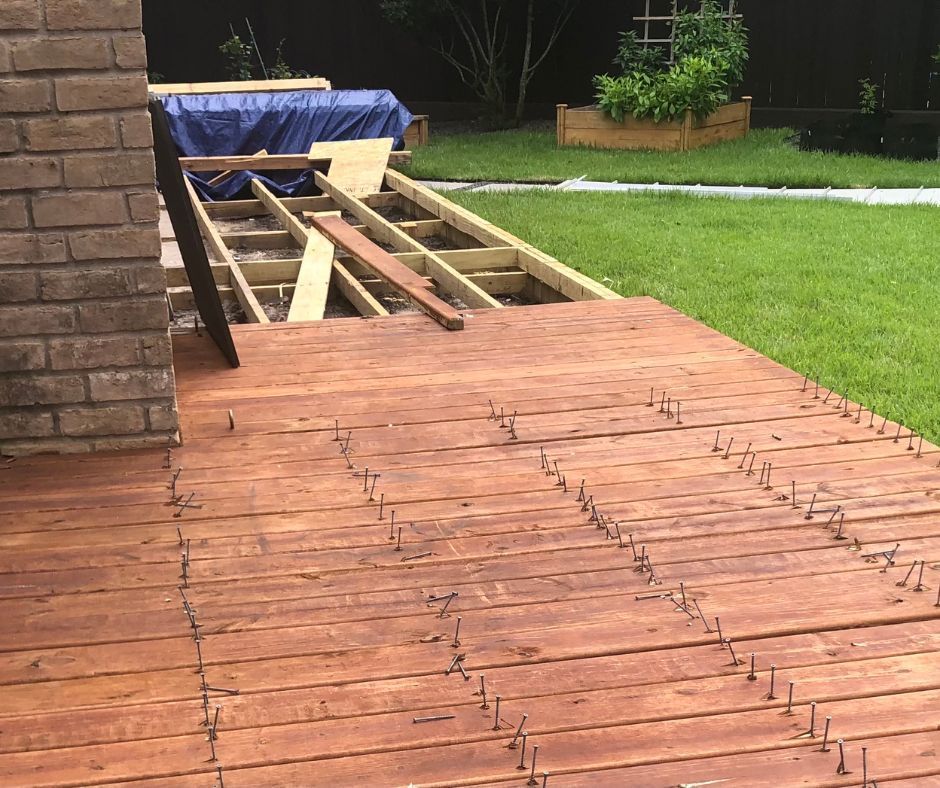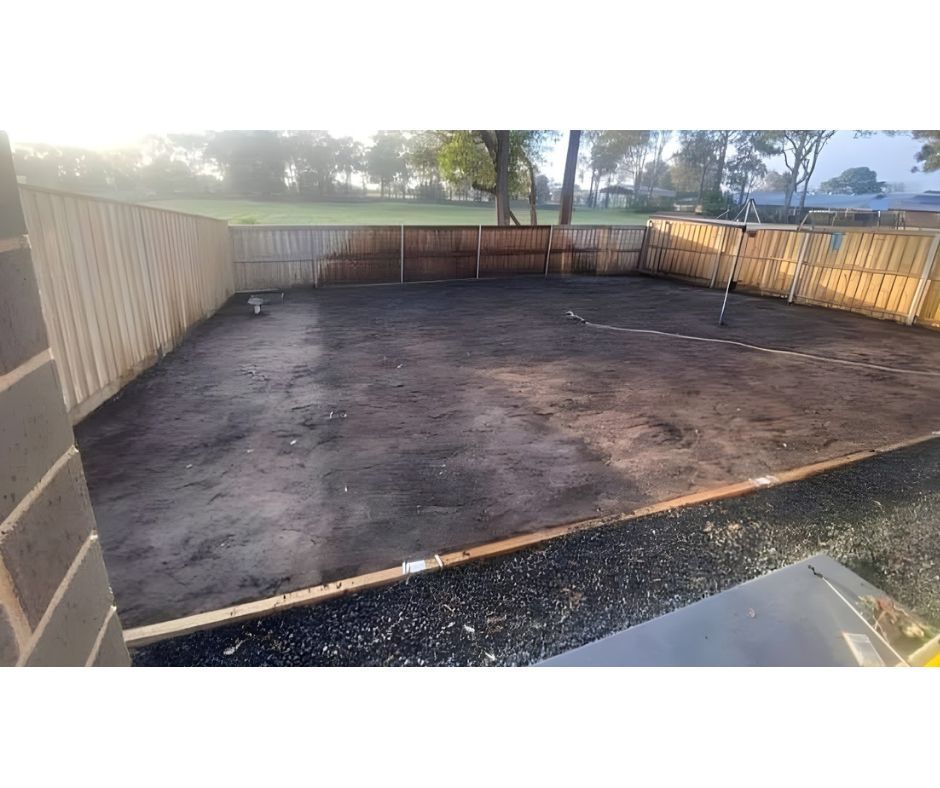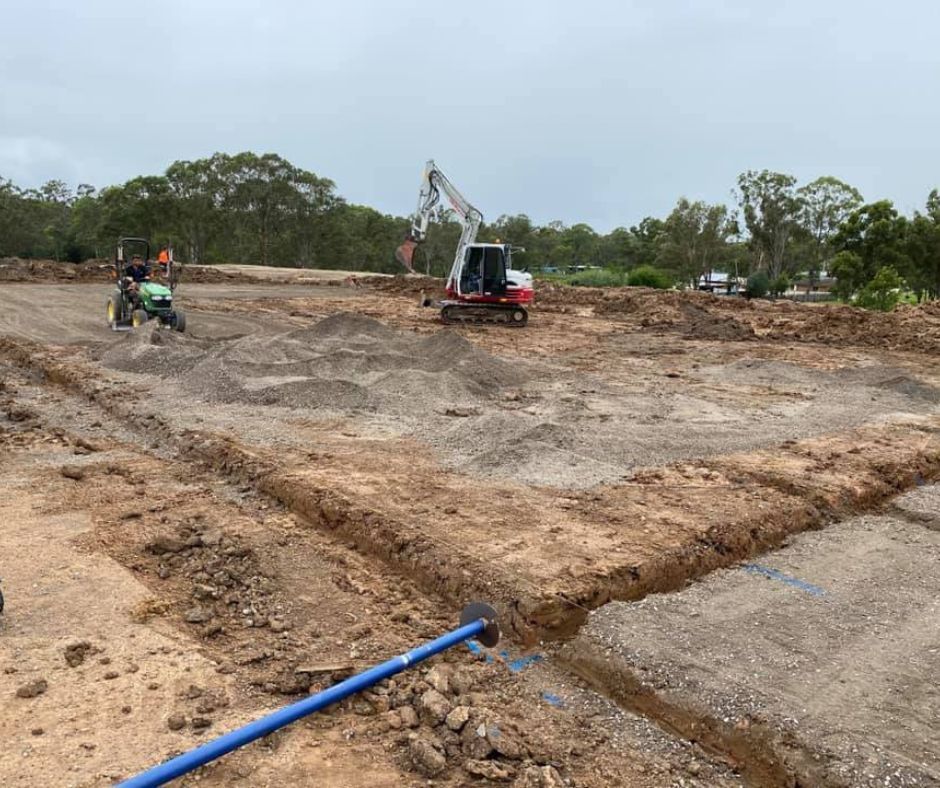Excavation for Landscaping: What It Is & Why It Matters
Good outdoor design starts from the ground up, literally. Before you can plant a garden, lay pavers or install a retaining wall, you've got to get the groundwork right. A well-executed landscape project can transform your outdoor space into a stunning haven.
However, no landscaping design can succeed without the important first step, the landscape excavation. Skip it or cut corners, and you’ll likely run into headaches later, from poor drainage to uneven surfaces or structural issues.
Read on to see why getting the excavation for landscaping right is such an
important part of your project prep.
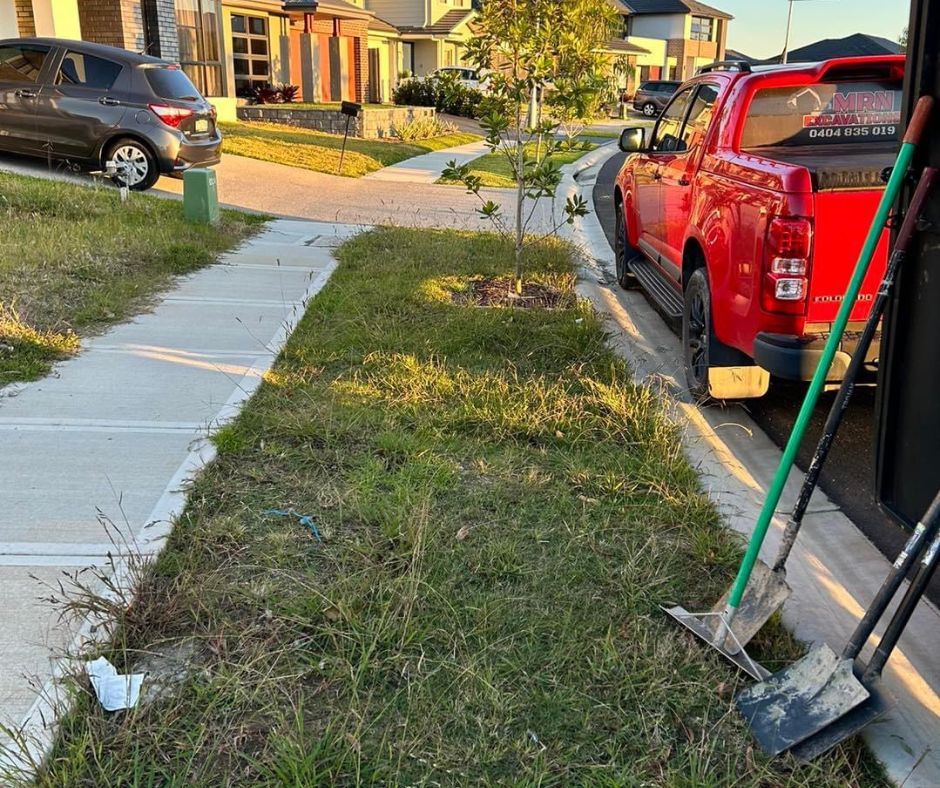
What is Landscape Excavation?
Landscape excavation is the process of moving, removing or reshaping the land to prepare the site for landscaping projects. It is often done to accommodate features like patios, pathways, garden beds or adjusting the land’s shape.
Depending on the project, different types of excavation may be used, ranging from large-scale earthworks to more detailed, precise digging, to suit the specific needs of the landscape.
This stage of landscaping is important as it sets the groundwork for all the projects that will follow. From levelling the ground to making room for drainage systems, excavation allows the rest of the landscaping elements to function correctly and look great.
Understanding Excavation for Landscaping
Excavation is more than just digging. It's a process that prepares the ground for landscaping features such as paths, patios and retaining walls, or soft landscaping like garden beds and lawns.
Here’s what a proper excavation generally involves:
Digging
Removing soil to create space for features like garden beds, footings or drainage lines.
Grading
Grading involves shaping the land to guide water runoff and give you the right slope or level.
Levelling
Levelling makes sure areas are flat and even, ready for turf, paving or concrete.
Trenching
For irrigation systems, trenches are dug to lay pipes that carry water to different areas. The depth and width of the trench are carefully planned for proper pipe placement and efficient water flow.
Soil Conditioning
Excavating is also about improving the quality of soil conditions to make it more suitable for planting.
Why Would You Need Landscape Excavations?
If you're planning any kind of earthwork, landscape excavations often plays a big role in getting things started the right way. Here's how they can help:
Foundation Preparation
Properly prepare the ground before any construction of a garden bed, patio or new lawn. This includes levelling and shaping the land to make sure that the landscaping features are stable and functional.
Drainage Solutions
Excavation specialists can shape the land to direct water away from your home and garden. Poor drainage can cause water to pool in unwanted areas, potentially damaging plants and landscapes.
Soil Health and Stability
Excavation allows you to aerate the soil for healthy plant growth. If the soil is compacted or of poor quality, excavation can help loosen it up so plants can thrive.
Grade and Slope Management
Excavation helps control the slope of your landscape, either for visual improvements or to manage water runoff. Proper grading prevents flooding and erosion while giving your place a polished, well-designed appearance.
Visual Appeal
Expert excavators can create land contours and features that make your space visually appealing.
Irrigation System Installation
Landscape excavations helps make sure proper ground trenching is done for the installation of irrigation systems.
Common Issues from Poor Landscape Excavation
Poor excavation for landscaping can lead to a range of problems. These are some of the common issues that arise from a lack of proper excavation:
Water Pooling and Flooding
If the grading isn’t done correctly, water can pool in low spots. This can lead to water pooling, flooding, plant damage and even structural issues around your home.
Erosion and Soil Degradation
Without proper excavation to stabilise the soil, rain and wind can cause erosion, which may lead to soil loss. This can ruin slopes, pathways and even the health of your plants.
Foundation and Structural Problems
Structures like garden sheds, retaining walls or patios need solid foundations. If the ground isn’t correctly prepared, these structures may shift or crack over time and lead to costly fixes.
Weed Overgrowth and Poor Plant Health
If the soil wasn’t conditioned properly during excavation, it might not be suitable for plant growth. This can lead to unhealthy plants, poor growth or the growth of weeds that take over your garden beds.
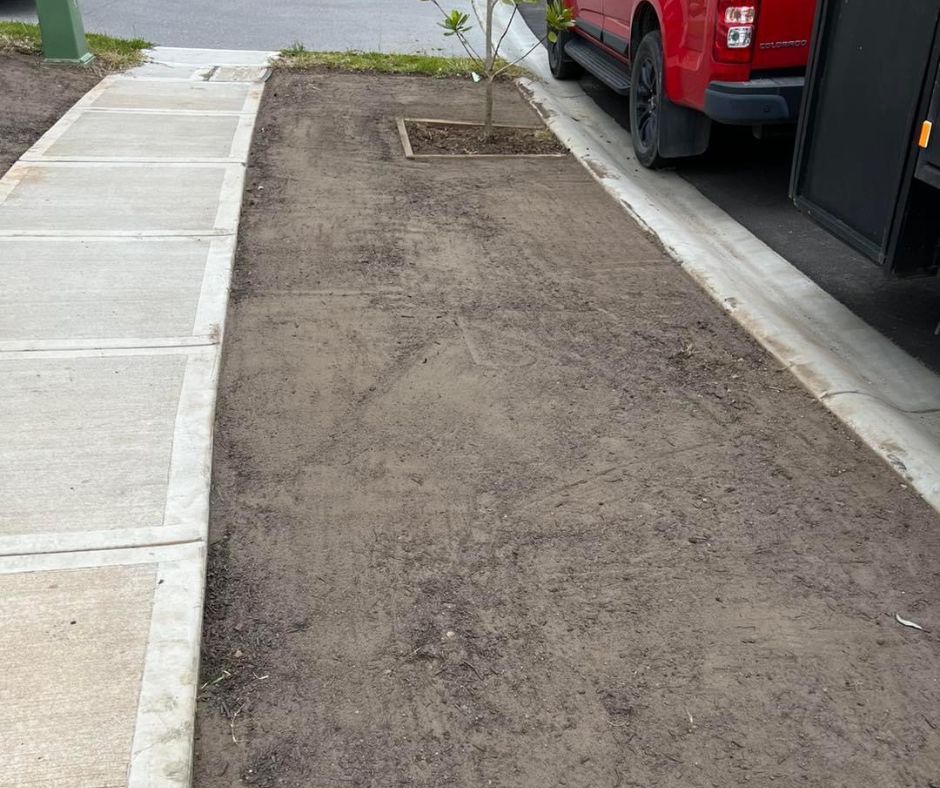
The Most Trusted Landscape Excavation Specialist in Sydney
When it comes to landscape excavation in Sydney, MRN Excavations is the team homeowners and businesses can rely on. With years of experience across both residential and commercial projects, big or small, we know just how important a proper excavation is to any landscaping design.
Our excavation services in Sydney, Campbelltown and Wollongong are designed to suit the specific needs of each site, while also making sure everything is prepared safely and efficiently.
We also offer expert lawn landscaping services across Sydney, Campbelltown and Wollongong, to help you achieve a finished look that’s both functional and visually striking.
Send us a message now so we can get started on your excavation for landscaping.

